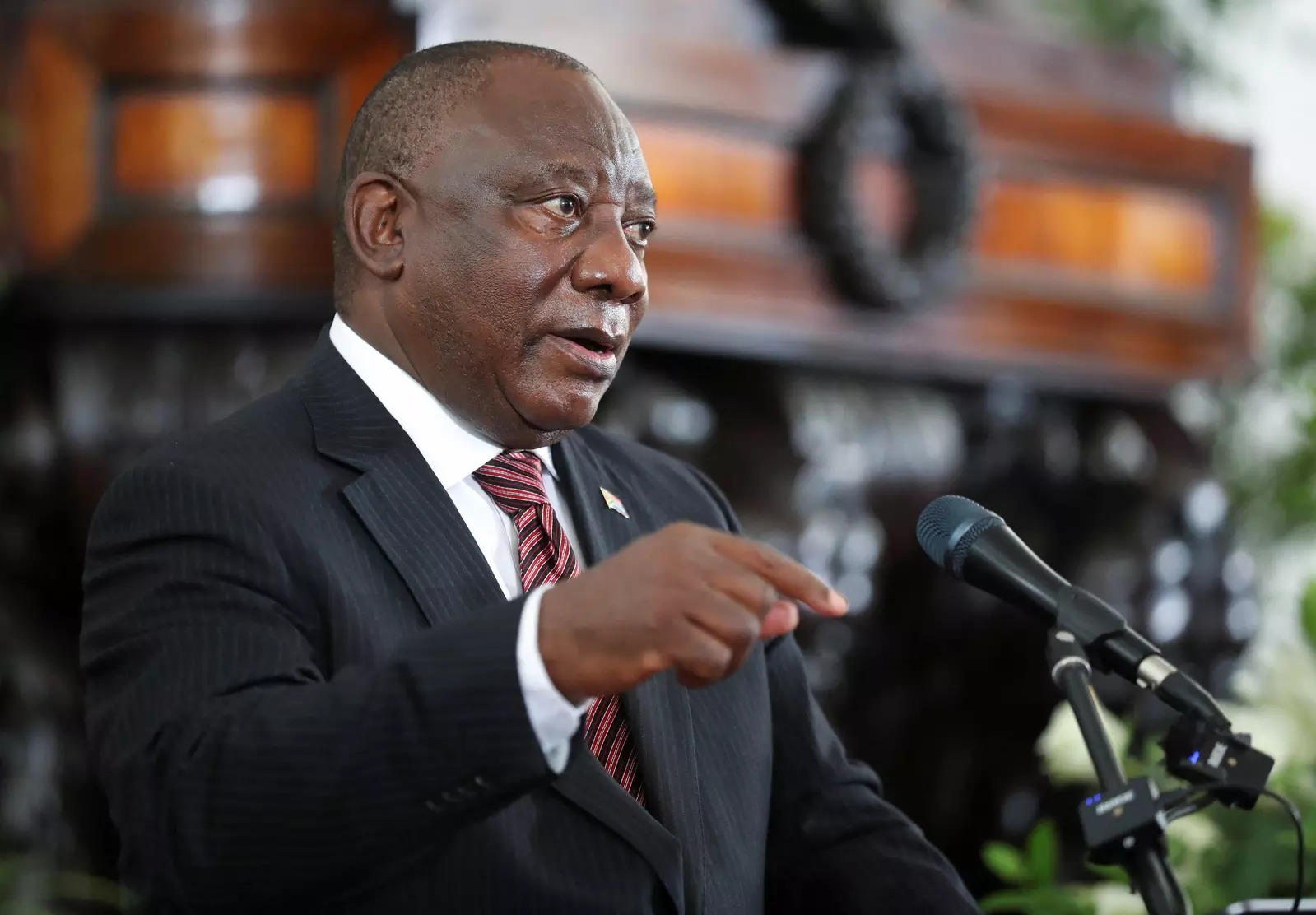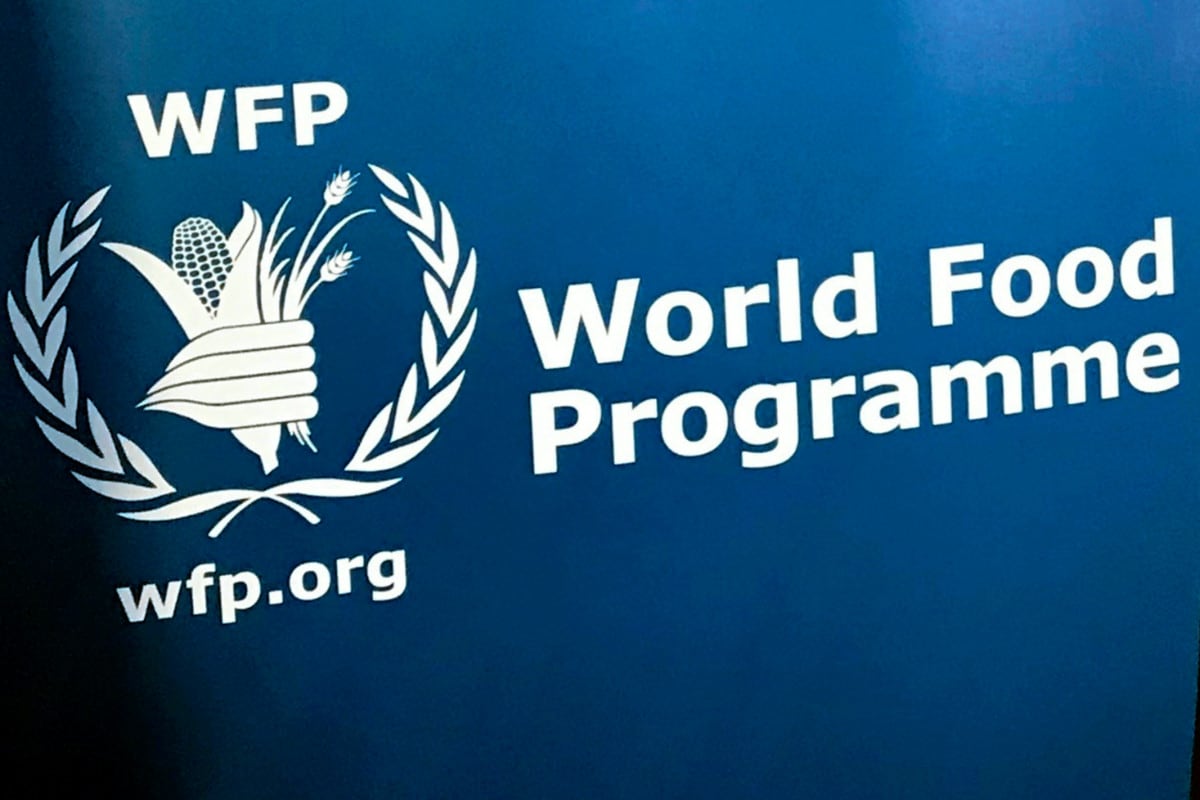The Ghanaian economy is expected to be injected with a total investment amount of $230m by 39 newly licensed Free Zone companies in the country.
The CEO of Ghana Free Zones Authority (GFZA), Mr Michael Oquaye Jnr. disclosed this while speaking at the media launch of the GFZA’s 3rd Annual Investment Week themed “GFZA: Championing Export-Led Industrial Growth in the Context of AfCFTA and World Trade”.
According to him, the 39 companies have estimated export earnings of $529m from an estimated production value of $436m.
“Since I took over as CEO, some 39 new companies have been licensed and they are expected to inject an estimated capital of $230million into the economy. In addition, the estimated export earnings from the 39 companies are $529million from an estimated production value of $436million. I am also happy to report that the cumulative exports from the Free Zones enterprise since the programme’s inception stood at $27billion as of 2020,” he quipped.
He noted that as the country was currently grappling with a balance of trade deficit and depreciation of the currency, Ghana needed to increase its exports to earn the needed foreign exchange to stabilize the cedi and thus the importance of Special Economic Zones (SEZ) championing an export-led strategy cannot be overemphasized.
“Export-led industrial growth is one of the most appropriate strategies to achieve economic development; this has been the mandate of the GFZA. Thus, the Free Zones programme’s importance in reversing our balance of trade deficit and depreciating cedi is vital.”
With regard to the development of designated SEZs, the authority, he said, signed a memorandum of understanding with a private developer for developing about 1,500 acres of land designated at Yabiw/Shama in the Western Region.
The proposed investment, according to him, was estimated at $250million to $300million.
“It is expected to provide world-class infrastructure such as roads, electricity with a dedicated power plant, sewage treatment plant, container depot, office complex and residential complex, among others. In addition, the project when completed will lead to thousands of jobs and increased foreign exchange earnings for Ghana,” he said.
Regarding the designated processing zone in the Ashanti Region, commonly associated with the Boankra Port or the Greater Kumasi industrial project, compensations for the land and economic activities have been finalized.
Touching on the African Continental Free Trade Area (AfCFTA) agreement and its potential to accelerate the growth of the Ghanaian economy, Mr Oquaye Jnr said the GFZA recognized the AfCFTA’s potential in attracting market-seeking investments and encouraging local businesses to export to the African market.
“In pursuing an export-led industrial growth strategy and given the enormous opportunities AfCFTA and the world at large provide, the problems of unemployment, low export earnings, lack of value addition to our natural resources, lack of diversification of our export products, and being an insignificant player in the continental and global value chains can be solved,” he said.


